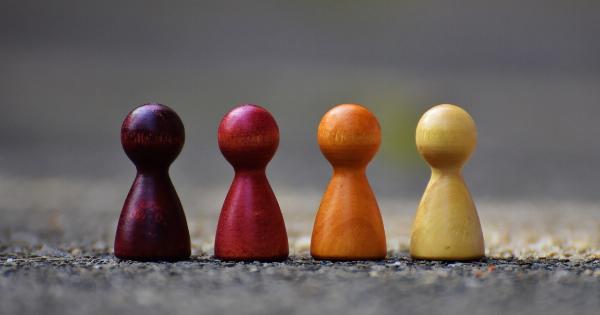At its core, building strong relationships is about establishing trust, mutual respect, and open communication. Empathy, or the ability to understand and share the feelings of others, is a critical component of developing these meaningful connections.
By being empathetic, we can bridge divides, foster better communication and empathy, and ultimately build stronger, more productive relationships in all areas of our lives.
What is Empathy?
Empathy is the ability to understand and share the feelings of others. It’s the capacity to see things from someone else’s perspective, beyond our own experiences and biases.
Empathy is an intrinsic human quality, but it’s something that we can develop and practice over time.
Why is Empathy Important in Building Strong Relationships?
Empathy is essential in building strong relationships because it helps us establish trust, mutual respect, and open communication.
By recognizing and acknowledging others’ feelings, we can foster deeper connections and build stronger bonds with our loved ones, friends, colleagues, and community members.
How Can Empathy Help Us in our Personal Relationships?
In our personal relationships, empathy can help us become better listeners, understand our loved ones’ needs and feelings, and resolve conflicts in a more respectful and productive manner.
Empathy provides a foundation for deeper intimacy and connection, enabling us to better emotionally and mentally support our partners, family members, and friends when they need us most.
How Can Empathy Help Us in our Professional Relationships?
In the workplace, empathy can help us become better team members and leaders. By understanding and acknowledging our colleagues’ perspectives, we can improve our communication, collaboration, and decision-making skills.
Empathy can help us foster a more positive and inclusive work culture, where everyone feels heard, valued, and appreciated.
How Can We Practice Empathy?
There are many ways to practice empathy in our daily lives. Here are some tips:.
- Listen actively: Pay attention when someone is talking to you. Put aside your phone and other distractions and make eye contact. Ask open-ended questions to encourage them to share their thoughts and feelings.
- Put yourself in their shoes: Imagine what the other person is feeling and what it’s like to be in their situation. This will help you better understand their perspective and respond appropriately.
- Be mindful of your own biases: Recognize that your own experiences and biases can color your perception of others. Try to put those biases aside and approach situations with an open mind.
- Practice non-judgment: Avoid judging others and their experiences. Instead, focus on understanding and supporting them.
Conclusion
Empathy is a powerful tool that can help us build stronger relationships in all areas of our lives.
By practicing empathy, we can foster deeper connections, establish trust, and communicate more effectively with our loved ones, friends, colleagues, and community members. So, let’s make an effort to put ourselves in others’ shoes and see the world from their perspective. It’s the first step toward building a more compassionate and empathetic world.






























